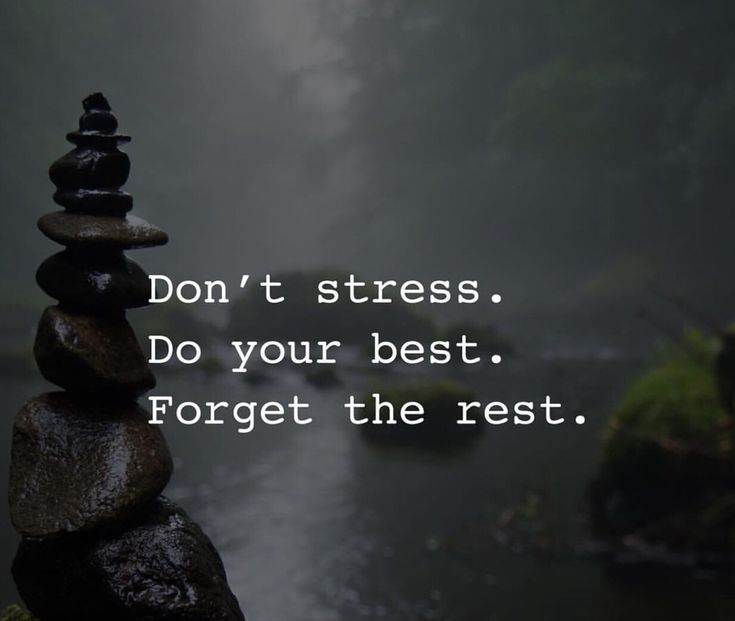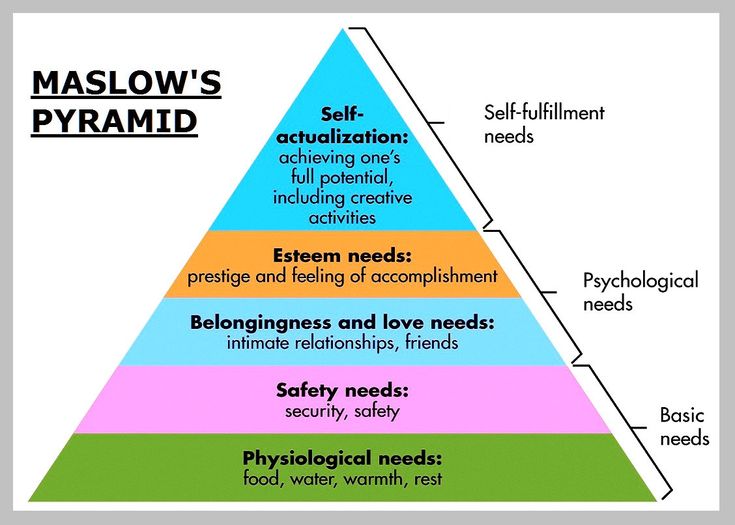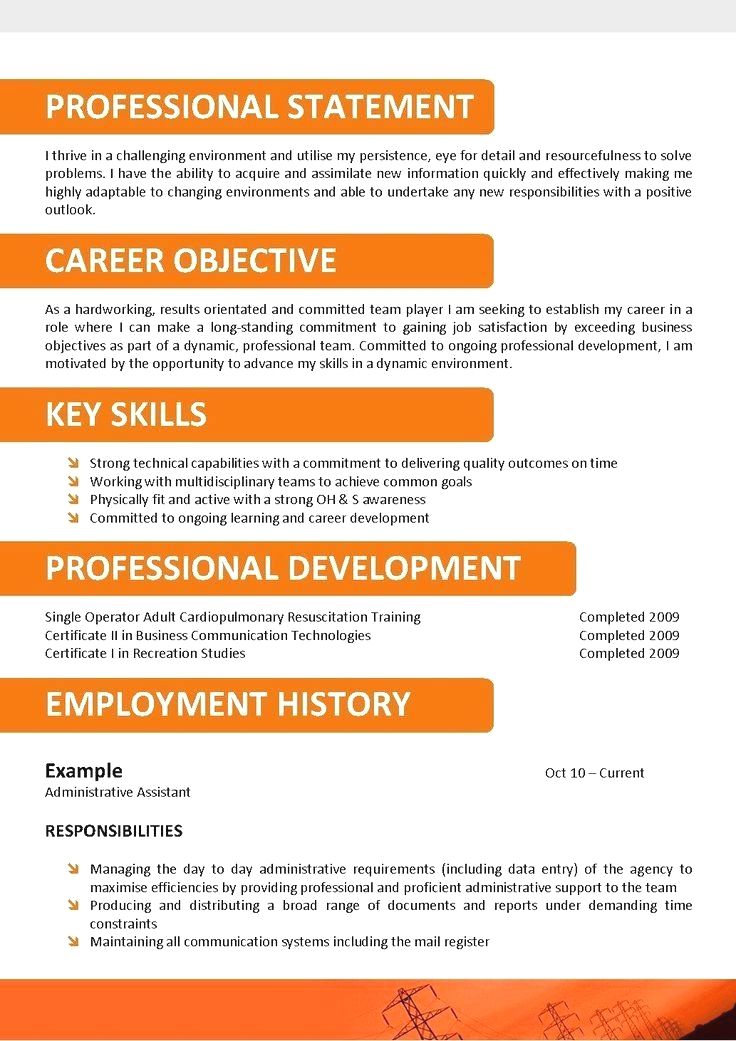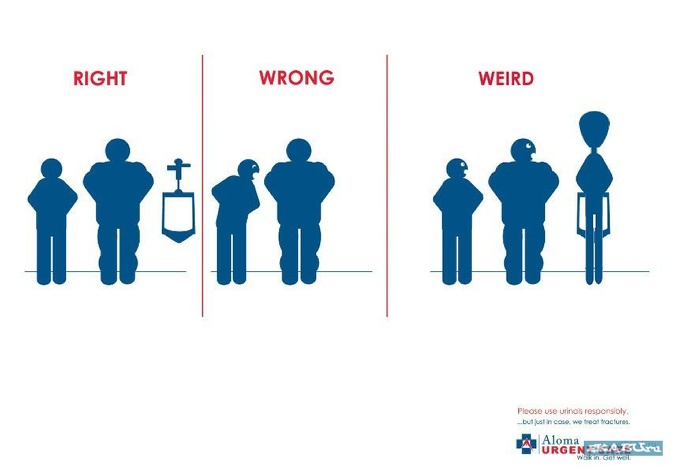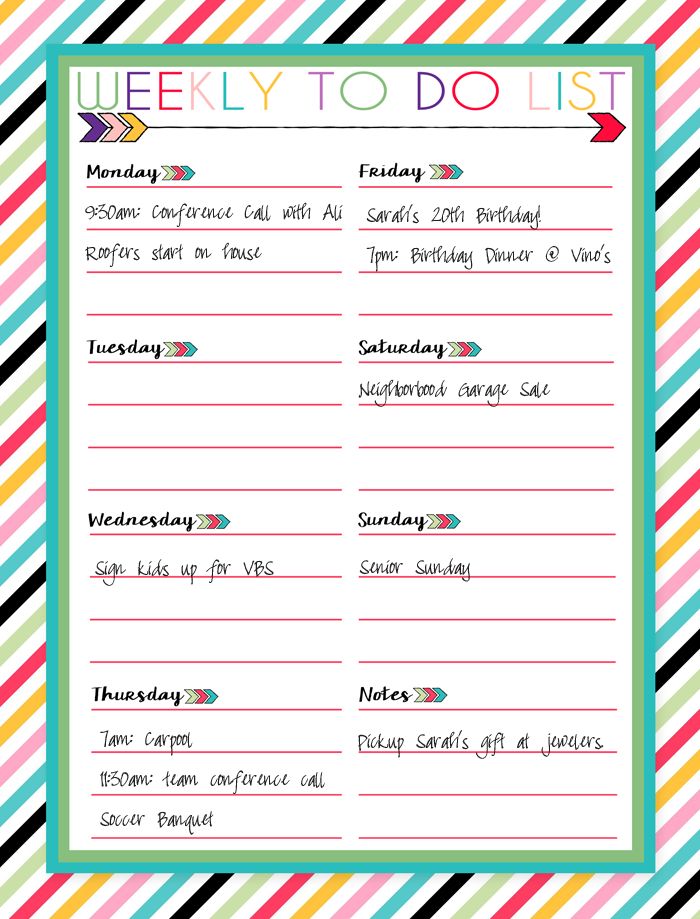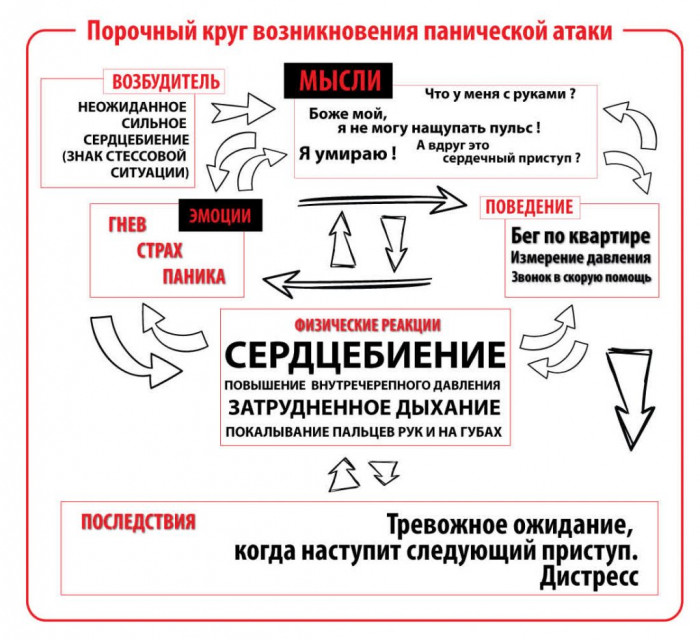Better to forget
10 tips to move foward
Jump to section
What are the consequences of traumatic memories?
What is the relationship between emotions and memories?
How to forget the past and move on with your life
When to seek professional help
Your next steps
Tripping in front of a crowd. A bad breakup. A flubbed line during a presentation.
We all have bad memories and embarrassing moments we’d prefer to forget. Some are easily left behind.
Other events can stick with you, like heartbreak. Letting go of the past isn’t easy.
We might struggle with traumatic memories in particular. Traumatic memories are intense and seem like they take control of our whole bodies. They can be visual flashbacks that cause us to feel physically ill. These can cause us to experience headaches, profuse sweating, stomach aches, and feel weak. We may also feel the impact of extreme stress after we think we’ve moved past the flashback.
So while it’s understandable to want to put your energy toward living a happier life, that’s often easier said than done.
But there are benefits when you learn to forget traumatic moments from the past — or remember them with less sharp emotions associated. That’s true too for unpleasant memories of the past that aren’t traumatic — like embarrassing moments from middle school that still occasionally flash in your brain.
You’ll adopt a growth mindset, which enables you to grow and experience all that life offers.
Find out more about the effects of traumatic memories and past emotional pain — and how to forget the past, or at least, move past it.
What are the consequences of traumatic memories?
Less serious events, like tripping in front of a crowd of people or a bad grade, can still result in negative feelings and discomfort when we reflect on these moments.
We might feel increased anxiety when walking in front of a group or taking an exam if we have a history of negative outcomes. You might wonder how to forget your past relationship when you meet someone new because you want a clean slate.
In more serious events, we may struggle with trauma. The American Psychological Association defines trauma as an emotional (and potentially physical) response to any terrible event, like assault or a natural disaster.
After the trauma has occurred, long-term effects that disrupt your quality may be diagnosed as posttraumatic stress disorder (PTSD). PTSD can lead to physical symptoms like migraines or nausea, a difficulty with sustaining relationships, and more.
Traumatic memories manifest in different ways and can affect any aspect of your life, from your career to your relationships. This can dictate how you live, your choices, and your overall physical well-being or emotional well-being.
Most consequences of traumatic memories fall into these three responses:
Emotional responses:
Recalling negative memories can cause people to feel all sorts of emotions, such as anger, sadness, and embarrassment. Memories can also be a source of anxiety for people.
Emotional pain isn't limited to only a few emotions.
Depending on the memory, you may experience several of these emotions — or others. For instance, if you make a mistake when public speaking, you could feel doubt about whether you should do it again.
In the moment, you may feel shame and embarrassment. This painful memory might make you less inclined to leave your comfort zone in the future for fear of experiencing these emotions again.
Cognitive responses:
A true traumatic event isn’t something simple like spilling food on yourself. Rather, it’s a major past event that continues to leave you shaken and emotionally harmed. It often continues to negatively impact your mental health and potentially limit your coping skills.
For instance, a person who is abused as a child may be hesitant to trust others or feel threatened by behavior that triggers memories of past abuse well into adulthood. The Cleveland Clinic has found that children who experience trauma have a more significant risk of health problems like anxiety, depression, heart issues, and high levels of stress.
Physical responses:
Traumatic events might trigger people to respond physically to situations.
You can have a sense of fear if you go back to a specific location where you have painful memories, and your heart rate may start to race. Your breathing can become shallow and you cause shakiness when you remember past experiences.
Research has also found that our bodies can respond to traumatic events by struggling to sleep. Our bodies feel exhausted, but we’re so agitated that we can’t relax. A lack of sleep then contributes to other physical, cognitive, and emotional responses.
If we can’t rest our bodies, our minds can’t rest, either. Traumatic events and the associated stress can even cause disturbances and pain in our gastrointestinal, musculoskeletal, and respiratory systems. This can also stem from the stress we endure as we remember our traumatic memories.
What is the relationship between emotions and memories?
There's a reason why your most vivid memories are the most emotional.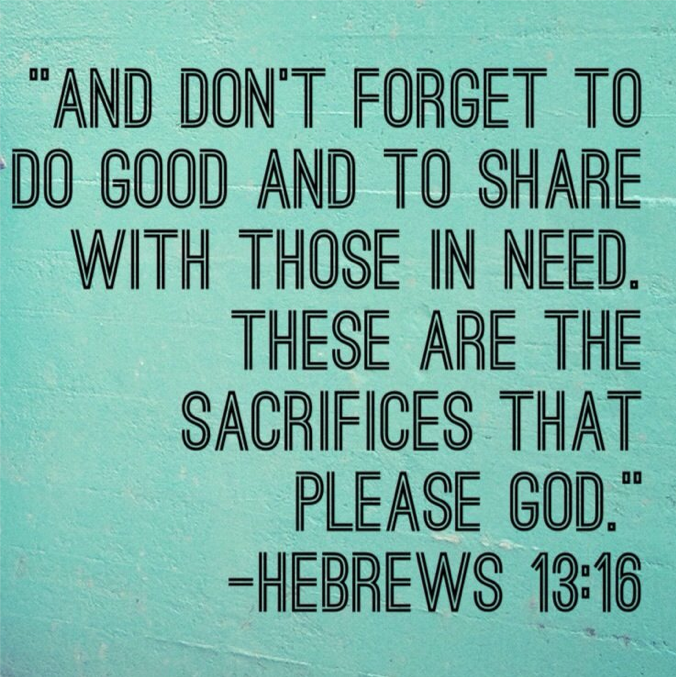 You can thank a structure in our brain called the amygdala for this. The amygdala is in charge of emotional regulation and how memories are processed through our brain. Memories that we recall with ease are usually associated with intense emotions — negative or positive.
You can thank a structure in our brain called the amygdala for this. The amygdala is in charge of emotional regulation and how memories are processed through our brain. Memories that we recall with ease are usually associated with intense emotions — negative or positive.
The amygdala is critical for learning from past mistakes and improving emotional intelligence. Still, because it can remind you of painful memories and past experiences, it contributes to your struggle to move forward.
Of course, it can be difficult to stop reminding yourself of the memories that cause you pain and contribute to your negative feelings. But some researchers have been studying ways that you can deal with bad emotions and memories.
Research has found that reframing negative memories to focus on any potential positive aspects helps us create more healthy functioning. Bottling up and surprising your emotions does nothing good for you. Instead when you reflect on your emotions, you can think of anything positive that happened as well.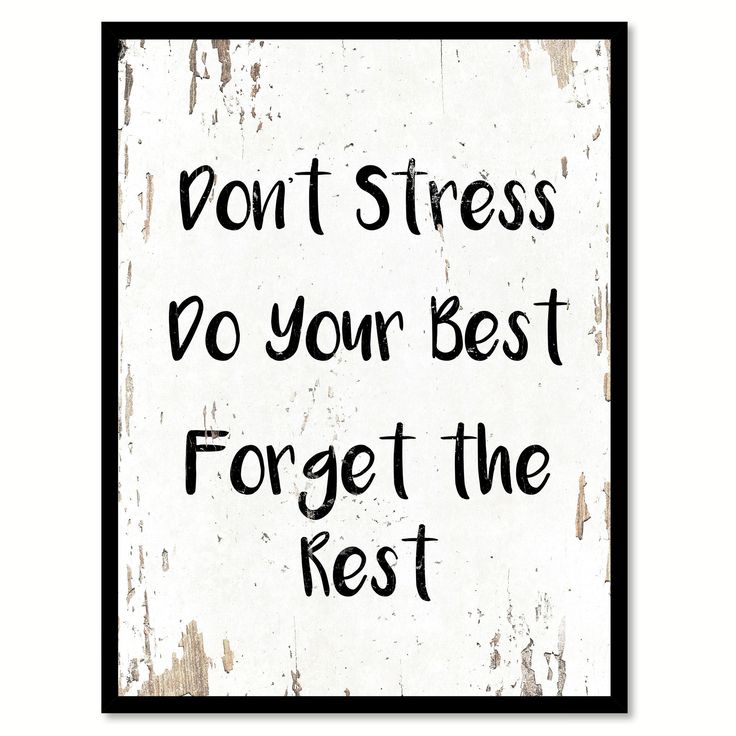
It could be anything from the weather, a friend who was present, or a friendly dog that walked by.
Next time you think about that bad memory and you start feeling negative emotions, you can remind yourself of any positive elements. This will prevent you from dwelling on the negatives and help to promote positive thinking.
Reading this, you might start to resent your amygdala. But don't forget that your amygdala reminds you of your happy memories too. If you're constantly struggling to see the positives, a BetterUp coach or mentor can help you develop a positive attitude while you work to achieve your goals.
How to forget the past and move on with your life
There’s no single way to move on from negative or traumatic memories. Some people find success with specific strategies that others struggle with.
While you check out these 10 tips, consider if any complement your existing routine and lifestyle or if you’re willing to try them out:
- Keep your distance from people or locations that might trigger negative reactions
- Incorporate self-care into your daily routine
- Spend time with positive people with whom you have healthy relationships
- Swap out negative thoughts for positive self-talk
- Let yourself feel your emotions rather than deny them
- Take a social media hiatus to live in the present moment
- Understand that some people may never apologize to you
- Forgive yourself for any past mistakes you've made
- Write down your goals and make a plan for your progress
- Practice mindful meditation to help recenter your focus
When to seek professional help
With some bad memories — particularly ones rooted in trauma — you may need help to move on. There’s no need to struggle alone while working through the impact of a traumatic event's impact.
There’s no need to struggle alone while working through the impact of a traumatic event's impact.
Studies have shown that when we have a solid social support system, our overall mental health is better. Our social support can come from friends, family, and even our coworkers. It’s also been found that people who don’t have any social support are at an increased risk of mental health issues.
The positive impact that our support system has on us helps us feel more motivated, safe and loved.
Your best friend could be a great person to talk to, but they might not understand or be equipped to give you the support you need. Sometimes, it’s impossible to leave the past behind without proper help.
See a licensed mental health professional about memories and events that amplify depression, anxiety, or PTSD. A social worker, psychologist, or psychiatrist can suggest and start you on a treatment plan to make a significant difference. They could offer coping strategies that you never thought of before or prescribe medication.
Your next steps
You can't resolve the emotional pain of traumatic events and bad memories with a Band-Aid. It’s hard to accept that there's no way to go back in time, prevent those events from happening, or live without those experiences.
Sometimes you may take a couple of steps backward, but healing is never linear. Learning how to forget past mistakes isn’t an easy process. Along the way, make sure you're patient with yourself. A victory is a victory, no matter how big or small it may be.
Moving on from the past means that you're allowing yourself to live a happier, healthier life. It's a way of life that will benefit you in the long run. Your career will develop and your personal life will fill you with confidence and a healthy well-being. It's the life we all deserve to live.
At BetterUp, we want to see you live that life. Let’s get you back on track.
8 Ways To Forget Your Troubles
Share on Facebook
Share on Twitter
Share on Reddit
Share on LinkedIn
Share via Email
Print
People have long tried tricks to aid their memories. One of the most useful of these so-called mnemonic devices, I’ve found, involves associating names with word pictures or with other people you know well. I was just at a party, for example, and met a man who shared a last name with someone I’ve known for a while. I am sure I would have forgotten his name had I not associated it with that other person. But two days later, I remembered the connection and drew his name from the memory bank.
One of the most useful of these so-called mnemonic devices, I’ve found, involves associating names with word pictures or with other people you know well. I was just at a party, for example, and met a man who shared a last name with someone I’ve known for a while. I am sure I would have forgotten his name had I not associated it with that other person. But two days later, I remembered the connection and drew his name from the memory bank.
Perhaps my favorite mnemonic was one my daughter brought home in kindergarten. She came home one day singing the Happy Days theme song. To my delight, this song had been her teacher’s choice for helping the kids remember the days of the week. Other mnemonics involve fitting familiar words to unfamiliar acronyms. The fictitious name “Roy G Biv” helps people remember the order of the colors in a rainbow: ROYGBIV. (Or you can just think, “Rake over your grass because it’s verdant,” but that seems a little convoluted.)
As much time and attention as has been paid to helping people remember stuff, however, I’ve never seen a list of tactics for helping people forget. Forgetting is essential to our ability to think, to remember what is important to us, and to remain calm and happy. I wrote about the power of forgetting in the January/February 2012 Scientific American Mind (see “Trying to Forget”). In reporting that story, I collected ideas for ways to wipe things you don’t need or want from your brain.
Forgetting is essential to our ability to think, to remember what is important to us, and to remain calm and happy. I wrote about the power of forgetting in the January/February 2012 Scientific American Mind (see “Trying to Forget”). In reporting that story, I collected ideas for ways to wipe things you don’t need or want from your brain.
I am not sure what to call these forgetting tactics. The word “mnemonic” comes from mnemonikos, which means “of memory” in ancient Greek, and evokes Mnemosyne ("remembrance"), goddess of memory in Greek mythology. To my knowledge, the Greeks did not create a god of forgetting, and none of the English words related to the phenomenon have the right ring to them. So I’ll borrow from the French verb, oublier, “to forget,” and call my tips on forgetting “oublionics” for want of a term with fewer syllables. Whatever you want to call them, here are tips for forgetting your troubles along with the random clutter piling up in your brain.
1. Shove the thought away. When you are reminded of something you don’t want to think about, just refuse to go there. Let your mind go blank rather than allowing it to make the connection. Sound ridiculously simple? Research shows that many, if not most, of us can will ourselves to forget in this way. The engine of such suppression is your prefrontal cortex—the same region of the brain that puts brakes on inappropriate actions. But just as some people are better at blocking bad behavior than others, some are more proficient at memory suppression than others. If you turn out to have loose reins on your brain, you might need to practice (see #2) or to use one of the other tricks.
2. Push it back again—and again. If you want to boost your chances of forgetting something for good, shove it out of consciousness on a daily basis. In a month, it might be gone, if modern psychology experiments are any guide. (Freud argued that such repressed memories would come back to haunt us, but the jury is still out on this idea. ) Over a longer period, practicing this mental block might hone your skill. People who have had to frequently block a traumatic memory—loss of a parent, say, or their house burning down—to prevent it from overwhelming them score higher on tests of memory suppression than do people who have been lucky enough to have avoided significant suffering. One explanation for this result is that practicing suppression over the years makes you better at it.
) Over a longer period, practicing this mental block might hone your skill. People who have had to frequently block a traumatic memory—loss of a parent, say, or their house burning down—to prevent it from overwhelming them score higher on tests of memory suppression than do people who have been lucky enough to have avoided significant suffering. One explanation for this result is that practicing suppression over the years makes you better at it.
3. Think of something else. Rather than just willing an upsetting memory into the dustbin, replace it with a nicer idea. So if seeing a Hawaiian lei reminds you of your ex drunk at a party, try to link the lei with images of a sandy beach instead. People who struggle to block memories—a group that usually includes people who tend toward rumination or who suffer from depression—have more success forgetting unwanted recollections if they find good substitutes for what they want to put out of their minds.
4. Prepare for shutdown. Thinking about the need to block associations ahead of time can boost your ability to do just that. Even a second of advance warning can give your brain added inhibitory power, research suggests. So if you have to see someone who you think might bring back a difficult period in your life, tell yourself before the date that you’ll be halting these thoughts before they reach consciousness. The mental barricades you erect will be sturdier with a little advance notice.
Thinking about the need to block associations ahead of time can boost your ability to do just that. Even a second of advance warning can give your brain added inhibitory power, research suggests. So if you have to see someone who you think might bring back a difficult period in your life, tell yourself before the date that you’ll be halting these thoughts before they reach consciousness. The mental barricades you erect will be sturdier with a little advance notice.
5. Just do it. When you sense a reminder of something bad coming on, do something to distract you. Anything. Pick up the phone. Walk around the block. Stomp your foot. Say hello to a passerby. In one study, scientists found that pressing an enter key at the moment of recall triggered forgetting.
6. Study. If your mind is awash in clutter, one of the best ways to clear it out is to reinforce what you do want to keep. When you study particular information, to learn it better, you automatically forget closely related material. This phenomenon, called retrieval-induced forgetting, efficiently tidies your mental closet.
This phenomenon, called retrieval-induced forgetting, efficiently tidies your mental closet.
7. See it another way. Sometimes we are upset because we are interpreting a particular situation in the worst possible light. If you can find way to see the same experience more positively, you may be inadvertently inducing forgetting. That is, by reinforcing the positive you are automatically toning down the negative in your mind.
8. Walk through a doorway. Remarkably, this simple act closes the door on what happened just before. See "Why Walking through a Doorway Makes You Forget."
More to Explore
» Memory in the Brain [Interactive]
» Trying to Forget
The views expressed are those of the author(s) and are not necessarily those of Scientific American.
ABOUT THE AUTHOR(S)
Ingrid Wickelgren is a freelance science journalist based in New Jersey.
Psychology
Your Response to Stress Improves as You Grow Older
Biochemistry
Lab-Made Motors Could Move and Glow in Cells
Animals
Your Cats Can Tell When You're Speaking to Them
Microbiology
Electric Countdown Tells Sleeping Spores When to Wake Up
Psychology
The Best New Year's Resolution Might Be to Just Let Go of an Unfulfilled Life Goal
Artificial Intelligence
ChatGPT Explains Why AIs like ChatGPT Should Be Regulated
The founder of "Teremka": the word "failure" is better for an entrepreneur to forget :: RBC Pro
Pro Project partner*
TV channel
Pro
Investments
activity
RBC+
New economy nine0003
Trends
Real estate
Sport
Style
National projects
Town
Crypto
Debating Club
Research nine0003
Credit ratings
Franchises
Newspaper
Special projects St. Petersburg
Petersburg
Conferences St. Petersburg
Special projects
Checking counterparties
RBC Library
Podcasts nine0003
ESG index
Politics
Economy
Business
Technology and media
Finance
RBC CompanyRBC Life
Section material Basic
Self-development · Business Guru
Articles RBC
In times of crisis, one must either shut down or apply proven schemes, believes Mikhail Goncharov, founder of the Teremok restaurant chain of Russian cuisine. What an entrepreneur should be like and when to carry out a deep business renewal - in a selection of his statements The idea interested him so much that he decided to create a similar business in Russia. He started with two stalls with pancakes for Maslenitsa. The municipality has allocated a place for them. But Maslenitsa passed, and the stalls with pancakes were removed. “Then the most terrible time for me began. I went to district administrations, made presentations, and they answered me that everything was in order with catering, and nothing new was needed, ”recalls Goncharov. nine0003
What an entrepreneur should be like and when to carry out a deep business renewal - in a selection of his statements The idea interested him so much that he decided to create a similar business in Russia. He started with two stalls with pancakes for Maslenitsa. The municipality has allocated a place for them. But Maslenitsa passed, and the stalls with pancakes were removed. “Then the most terrible time for me began. I went to district administrations, made presentations, and they answered me that everything was in order with catering, and nothing new was needed, ”recalls Goncharov. nine0003
It was a difficult period, but he is sure that in business every day is difficult - this is rather a feature of the system. “If you think that you need to get rid of difficulties, that they won’t be there someday, and then real life will begin, you need to quickly come to the understanding that this will never happen. You just need to accept it,” says Goncharov.
nine0000 How to forget a loved one: advice from psychologists, proven methods Broke up with your beloved, your heart is broken and it seems that life has lost all meaning? How to forget a loved one and what to do to make it even a little easier when you feel so bitter in your soul? We hope our tips help a little.
Website editor
Tags:
Sarah Jessica Parker
Breathing exercises nine0003
How to forget a loved one
Shutterstock
It's hard for you to forget your loved one, you don't want to leave the house, you don't get along at work, and tears well up from happy couples in love on the street. After all, you also held hands, kissed in front of everyone, the whole world seemed like one bright kaleidoscope of happy moments.
10 signs that you invented this relationship for yourself
How to forget your loved one and stop thinking about how great you were together? Somewhere in the depths of your soul, this feeling remains, mixed with bitter resentment... You cry into your best friend's vest or, gritting your teeth, putting on a mask of indifference, you plunge into work. But don't get depressed. And try not to make classic mistakes right after the breakup. nine0003
But don't get depressed. And try not to make classic mistakes right after the breakup. nine0003
- Don't jump head first into a new relationship. If you transfer the old unlived experience and mistakes into them, then very quickly you will again find yourself in the situation “how to forget the man you love”, but with a new person.
- Do not try to get your partner back if you have already decided once that this is the end. Keep your self respect.
- You should not both devalue and idealize former relationships. It certainly won't help you forget the person you love and stop thinking about him.
- Do not forbid yourself to worry and cry. Weeping in a sad situation is completely normal.
How to forget a loved one: advice from psychologists
Sometimes more than one month passes in search of ideas on how to forget a beloved man, this becomes your usual state, from which you no longer want to get out. You begin to live in the past, and the present rushes past, and you are a stranger at this celebration of life.
You begin to live in the past, and the present rushes past, and you are a stranger at this celebration of life.
Psychologists say that many girls do not know how to forget the person they love, just because they themselves are more comfortable living in a fantasy world woven from the events of a happy past. And the person does not want to accept his current position, does not want to come to terms with reality. At the initial stage, right after the breakup, don't focus on forgetting everything, it's still impossible. nine0003
It is especially difficult to forget a loved one when it comes to first love. “This experience is unlike anything experienced before, so the person associated with this discovery will forever remain in your memory,” says psychologist Dr. Holly Schiff, “You will carry these memories with you throughout your life, especially since this the person was responsible for your personal growth.”
Try to pull yourself together.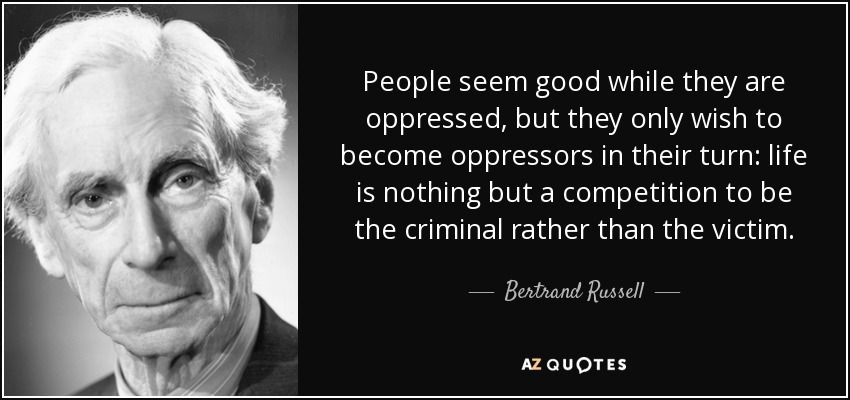 Swear and calm down. Take the advice of psychologists and do simple breathing exercises - it sounds trite, but believe me, it helps. Yes, it can be difficult to forget the person you love and stop thinking about him. But sooner or later it will definitely happen! Try to assess this situation from the other side, not in such a tragic light. And here you may have several options. nine0003
Swear and calm down. Take the advice of psychologists and do simple breathing exercises - it sounds trite, but believe me, it helps. Yes, it can be difficult to forget the person you love and stop thinking about him. But sooner or later it will definitely happen! Try to assess this situation from the other side, not in such a tragic light. And here you may have several options. nine0003
How to forget the person you love if he left for another woman?
No, she's no better than you! Stop humiliating yourself, looking for flaws and engaging in self-digging. This will only lead to a rapid drop in self-esteem. You will definitely meet a man for whom you will be the best. They knock out a wedge with a wedge - the best way how not to think about a loved one is to think about someone else. Just don’t rush into stormy romances, flirting will be enough for now.
How to forget a loved one if he has passed away?
In this case, you are not just faced with the question of how to forget a person and stop loving him. Everything is much more complicated: you have to learn to live without it. No matter how cruel and hackneyed this phrase may sound, life goes on. This is the truth that is especially hard to come to terms with. How to live without a loved one? It is very difficult, but rituals will help, for example, to release a balloon into the sky. And if you are at least a little religious, sincere prayer can alleviate the pain. Forgetting a loved one is hard, but time heals. Keep repeating these words to yourself, they really have power. nine0003
Everything is much more complicated: you have to learn to live without it. No matter how cruel and hackneyed this phrase may sound, life goes on. This is the truth that is especially hard to come to terms with. How to live without a loved one? It is very difficult, but rituals will help, for example, to release a balloon into the sky. And if you are at least a little religious, sincere prayer can alleviate the pain. Forgetting a loved one is hard, but time heals. Keep repeating these words to yourself, they really have power. nine0003
Top tips on how to forget your loved one after a breakup
But it also happens that you yourself initiated the breakup, but you don’t know how to forget forever your beloved guy, with whom you connected so much. Now your life has changed.
Good old bachelorette party
Before, there were always two of you, you spent weekends together and planned trips. But single ladies do an excellent job of organizing their leisure time. Take your girlfriends and go to an unplanned bachelorette party this coming weekend! It may not be possible to forget the first time, but three or four bachelorette parties will definitely make you turn off the course of suffering, and you yourself will be surprised how quickly, if you didn’t forget your loved one, then at least stopped concentrating on him. nine0003
But single ladies do an excellent job of organizing their leisure time. Take your girlfriends and go to an unplanned bachelorette party this coming weekend! It may not be possible to forget the first time, but three or four bachelorette parties will definitely make you turn off the course of suffering, and you yourself will be surprised how quickly, if you didn’t forget your loved one, then at least stopped concentrating on him. nine0003
Shopping is the best antidepressant
This item is inextricably linked to the previous one. How to forget a loved one after breaking up forever? Shopping will help, the best antidepressant at all times. Good shopping is always followed by going out, new interesting acquaintances and emotions. Perhaps at this party you will meet an interesting young man.
A hobby for which there was no time before
Many people plunge headlong into work. This tool is really good in the question of how to forget the person you love, but the main thing here is not to overdo it with zeal. Take the free time that you have as an opportunity to fulfill yourself. Sign up for dance, drawing, macrame courses, as you have long dreamed of, but you never had enough time. It all depends on how you feel. You are not alone now, you are a free self-sufficient person, and these are two big differences. And no forgotten loved ones will stop you! nine0003
This tool is really good in the question of how to forget the person you love, but the main thing here is not to overdo it with zeal. Take the free time that you have as an opportunity to fulfill yourself. Sign up for dance, drawing, macrame courses, as you have long dreamed of, but you never had enough time. It all depends on how you feel. You are not alone now, you are a free self-sufficient person, and these are two big differences. And no forgotten loved ones will stop you! nine0003
Living through resentment
Here is what psychology advises on how to forget a loved one. Take a sheet of paper and write down all the very hurtful words that he said to you, all the unpleasant situations that you got into because of him (waiting on the street in the pouring rain, he forgot to congratulate you on your anniversary, was systematically late at work). The main thing is to focus on the bad, because forgetting a loving person is much more difficult than an ungrateful bastard who stepped on the paw of your beloved cat and did not sincerely ask for forgiveness. Perhaps you didn’t lose so much by ceasing to communicate with him? nine0003
Perhaps you didn’t lose so much by ceasing to communicate with him? nine0003
Time to sort out yourself
Many girls, thinking about how to quickly forget a loved one, embark on a stormy romance. This is not the best option, because you can be even more depressed, psychologists warn. Trying to start a new relationship without special feelings on the ruins of an old love is definitely not a good idea. Now you have time for your beloved. It might be worth being alone just to sort yourself out.
Fitness and pool
Useful advice that has spread around many social networks. Joking, but very useful. If you have nothing to do - swing your ass. Classes will appear over time, and a beautiful butt never hurts. So, instead of sitting at home, quietly hating all lovers and suffering, asking yourself how to forget the man you love, pump up your hanging sides (we believe that you most likely don’t have them), go to the pool and don’t eat stress all kinds of buns.
Career focus
How do you get over the ex you love if you date every day, live in the same neighborhood, or work for the same company? It’s more difficult to cope here, but you shouldn’t run to the authorities with a letter of resignation or plan a move. Try to change the route of your usual walks near the house. Perhaps it's time to ask your boss for a promotion and move to a new position. Then you will immediately kill two birds with one stone: you will solve the problem of how to forget your ex-lover - he will not catch your eye, and you will also buy yourself a pair of new shoes! nine0003
Travel to a warm country
Of course, one of the ideal ways to unwind and let go of the situation is travel, psychologists advise. How to stop thinking about your loved one? It will be much easier to solve this problem if you are basking in a warm country, like the heroine of Sarah Jessica Parker from Sex and the City.